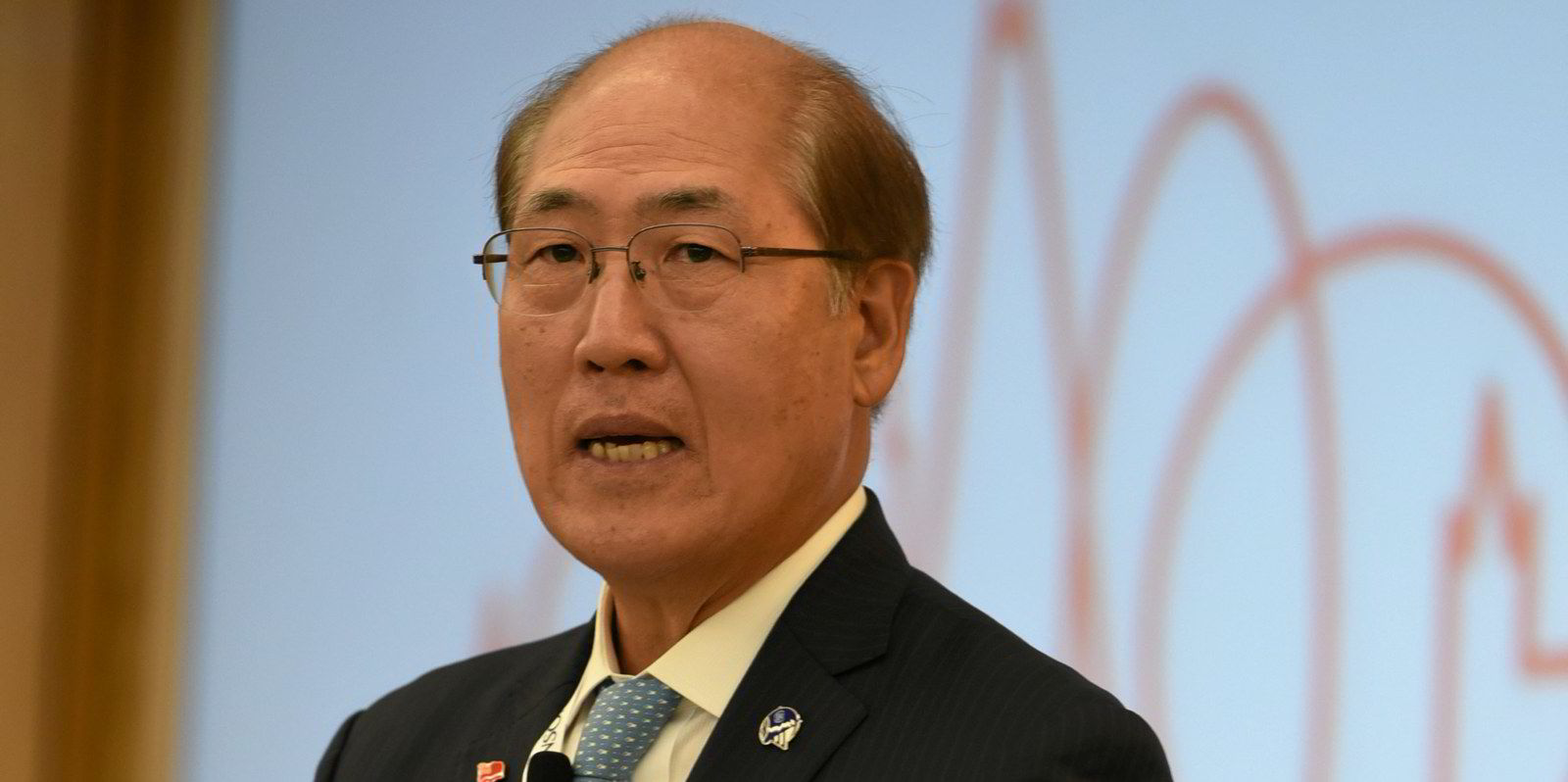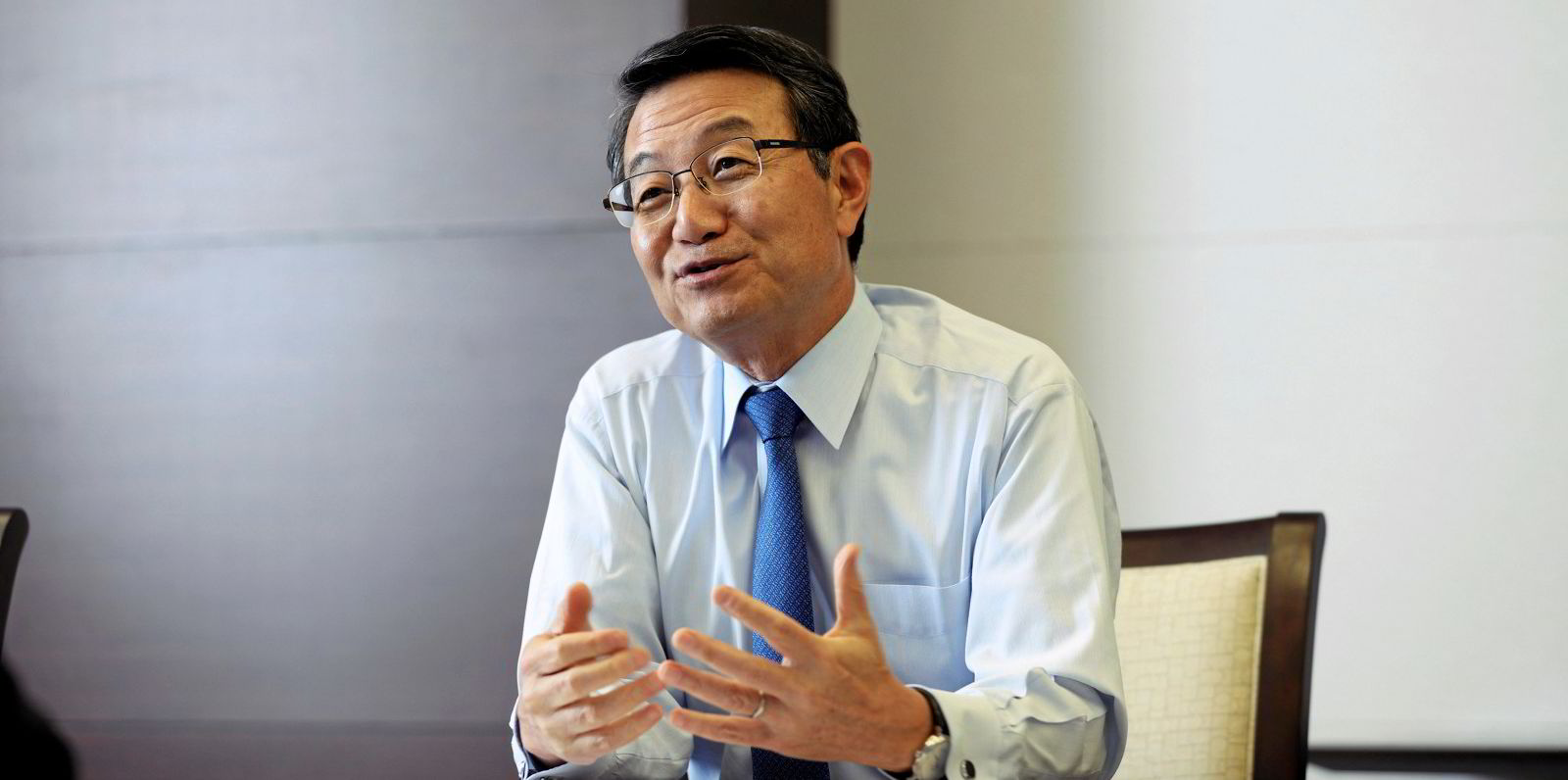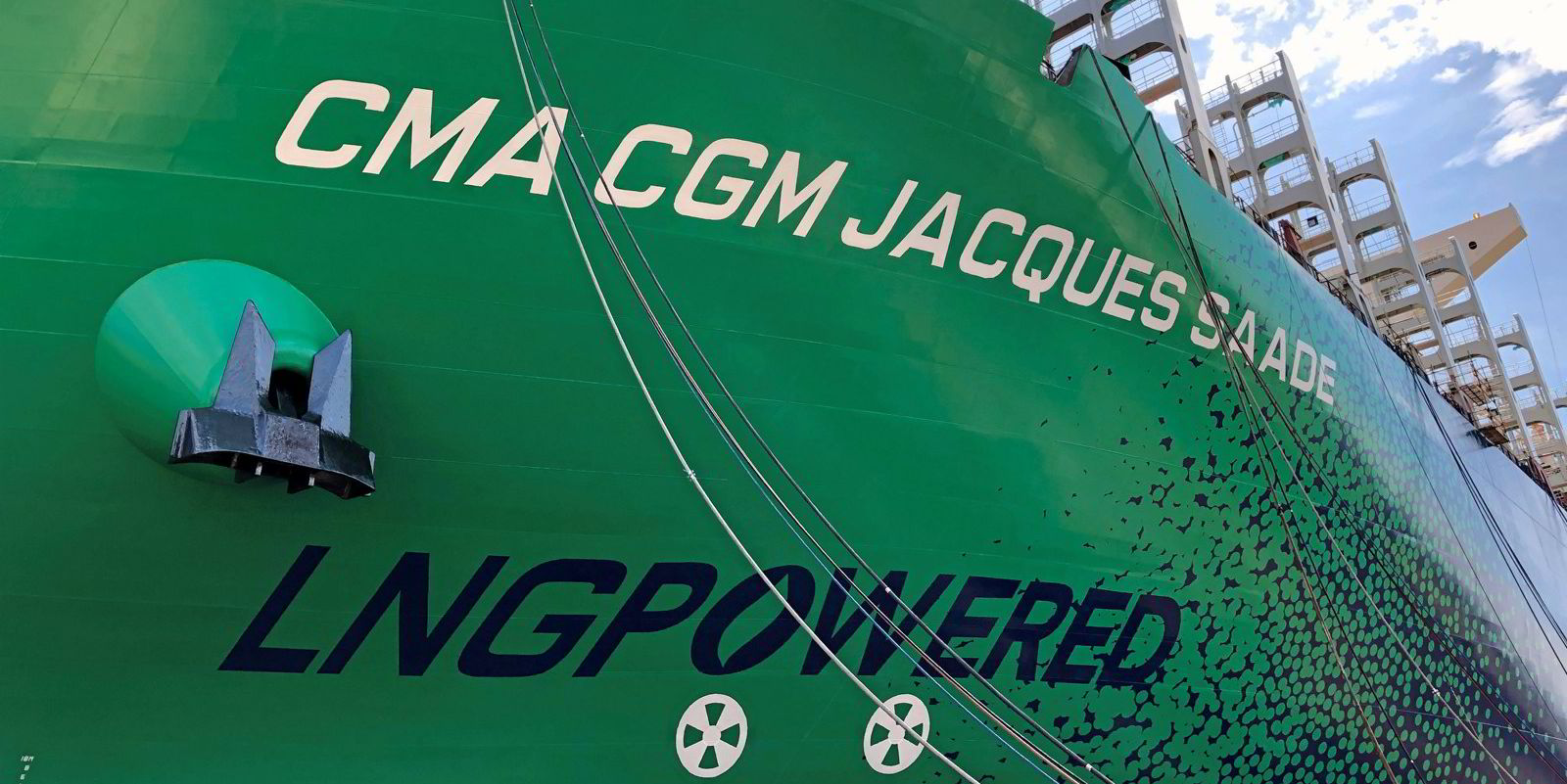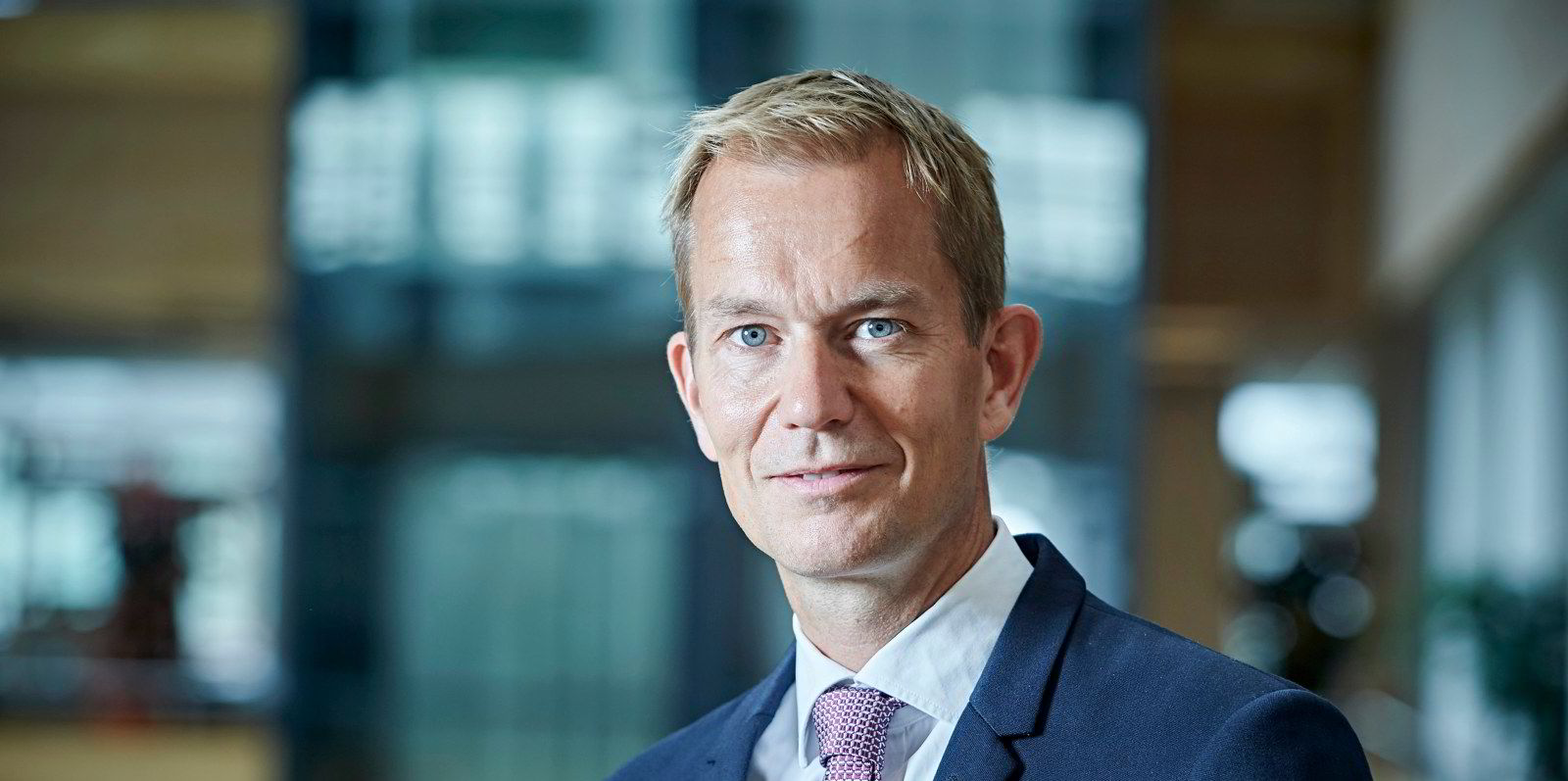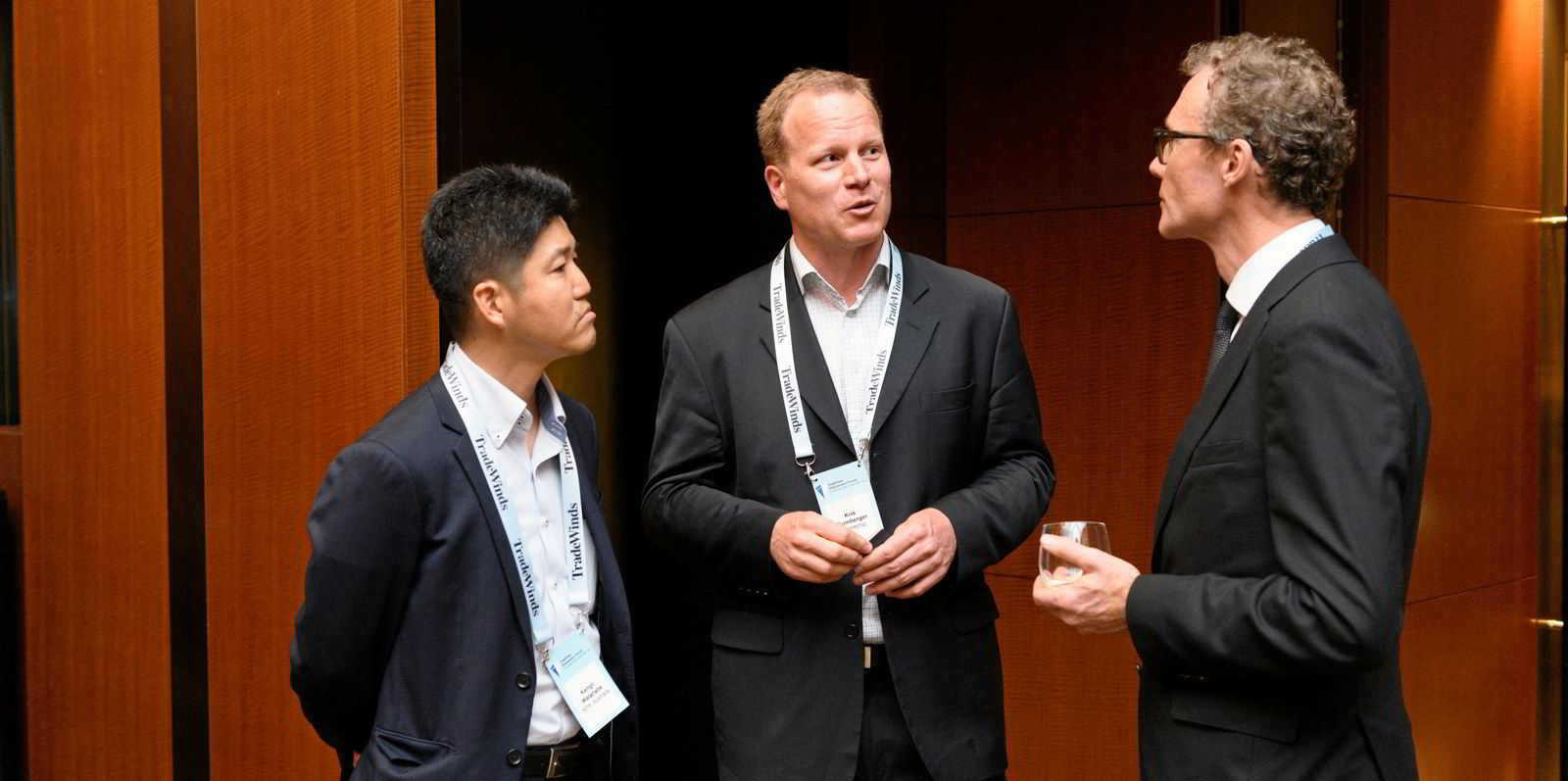Closer collaboration between public institutions and private industry will be vital to build a sustainable and successful "futuristic" shipping sector, IMO head Kitack Lim has said.
Lim — a key player in helping shape global maritime regulations — believes that partnership will be key to making the huge cuts in carbon emissions needed, as well as to safely digitalise and automate the industry.
The IMO secretary general was speaking at the opening reception of the Global Maritime Forum two-day meeting in London this week which will debate solutions to problems facing shipping.
Lim met head-on criticism that the IMO's regulatory agenda suffered from co-called corporate capture.
"Some used to say that IMO's work is much influenced by the private sector," Lim said. "But we need higher collaboration and cooperation between the public sector and private sector for a sustainable global maritime shipping industry in the future."
Key forces
The triple forces of decarbonisation, digitalisation and automation now happening simultaneously are a intense modernising force on the industry.
"We are in the highest dynamic time, the highest futuristic time!" Lim said at a reception at IMO headquarters.
"We need high level of collaboration between public sector government and industry. We need a higher level of partnership between us."
This year's meeting of the Global Maritime Forum is the first in-person meeting of participants of the non-profit network since Singapore in 2019.
Since evolving out of the Danish Maritime Forum, the network has attracted high-level participants from many parts of the industry and has been behind the launch of initiatives such as the Poseidon Principles for finance and the Sea Cargo Charter for shippers.
Rule progress
Lim commented that recent talks to upgrade the IMO's decarbonisation plans were an example of deeper shared understanding between industry and IMO member governments.
"I very much appreciate the commitment of IMO member states, NGOs and the industry particularly in recent meetings where, despite the challenges of remote meetings, key strides have been made."
Later this year, the IMO's Marine Environment Protection Committee will meet with the biggest issue on its agenda being whether to push for a formalisation of a net zero carbon target for 2050.
"In this sense I welcome the efforts of the Global Maritime Forum to discuss these major topics that will determine the future of international shipping," Lim added.
